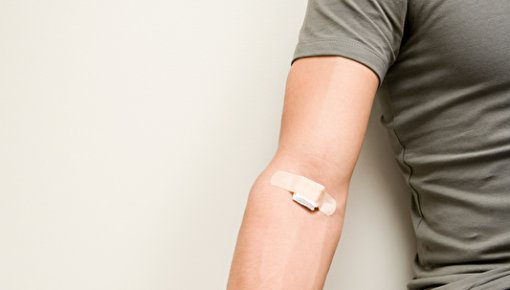Deutsche STI-Gesellschaft (DSTIG). Diagnostik und Therapie der Syphilis (S2k-Leitlinie). AWMF-Registernr.: 059-002. 2021.
Deutsche STI-Gesellschaft (DSTIG). Sexuell übertragbare Infektionen (STI): Beratung, Diagnostik und Therapie (S2k-Leitlinie). AWMF-Registernr.: 059-006. 2018.
Meyer T, Schüttler CG, Straube E et al. Schnelltest-Diagnostik sexuell übertragbarer Infektionen in niedrigschwelligen Einrichtungen. Gemeinsame Stellungnahme des RKI, PEI und der DSTIG. Bundesgesundheitsbl 2017; 60: 245-254.
Nenoff P, Manos A, Ehrhard I et al. Nichtvirale sexuell übertragene Infektionen – Epidemiologie, Klinik, Labordiagnostik und Therapie. Teil 3: Treponemen, Gardnerella und Trichomonaden. Hautarzt 2017; 68(2): 136-148.
Ogale Y, Yeh PT, Kennedy CE et al. Self-collection of samples as an additional approach to deliver testing services for sexually transmitted infections: a systematic review and meta-analysis. BMJ Glob Health 2019; 4(2): e001349.
Robert Koch-Institut (RKI). RKI-Ratgeber Syphilis. 2020.
IQWiG health information is written with the aim of helping people understand the advantages and disadvantages of the main treatment options and health care services.
Because IQWiG is a German institute, some of the information provided here is specific to the German health care system. The suitability of any of the described options in an individual case can be determined by talking to a doctor. informedhealth.org can provide support for talks with doctors and other medical professionals, but cannot replace them. We do not offer individual consultations.
Our information is based on the results of good-quality studies. It is written by a team of health care professionals, scientists and editors, and reviewed by external experts. You can find a detailed description of how our health information is produced and updated in our methods.

